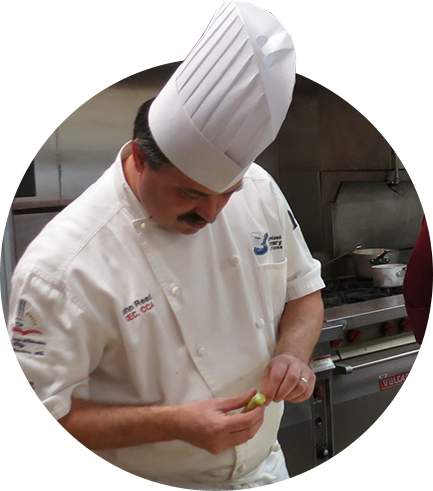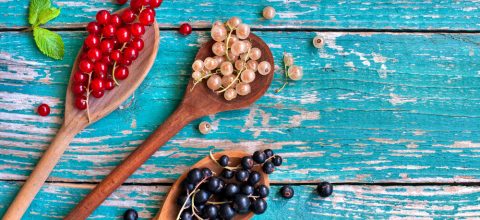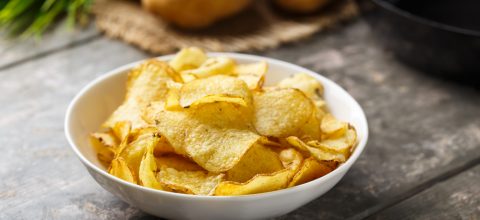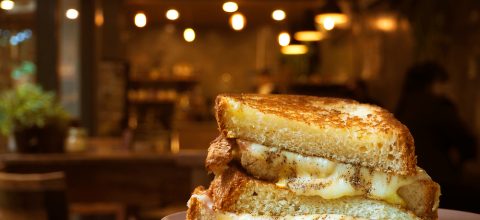You might have known by now that I spend a lot of time studying the history and traditions of the food I cook. I have used this forum to discuss the hows and whys of Asian sauces and mayonnaise and the classical dictates of French cooking and urban BBQ. For me, the understanding of why things have evolved helps me cook food in our time.
So, I started thinking about what a tradition in the world of food means and whether it matters. I began with our house and traditions we have in our home. I asked around hoping to be enlightened by family. The thought of sitting back in my lawn chair sipping a cold beer and smiling to myself that I have created lasting memories of traditions for my family-it was a wonderful vision. Then I realized that specific meal traditions focused on holidays, birthdays or seasons are uniquely my own. However, they are not really traditions in a food sense, but more personal experience derived from flavors and smells that provoke memories from a different time. These “traditions” are really only personal experiences, not foods that influence food culture on a broader basis. The smell of homemade soffrito sparked deep emotions for my wife and her mother of a time of their youth and memories of a traditional way of seasoning food in a Cuban household.
That one area that stood out was my pantry and the quality of what I was using to add flavor and supplement the table. I just grabbed what I wanted for seasonings, for the most part in a pre-prepared state. I don’t have memory of a different time when things like vinegar, pickles and ketchup were made at home. Foods such as pickles, preserved fruits and canned vegetables are more traditional and have a deeper impact on our culinary collective than the way my mother made meatloaf. One could say, the underlying part of a food tradition such as preserved foods is that it is not necessarily about being a culinary icon or a traditional dish, it’s about utilizing what past and current generations had to supplement their table in lean times and create additional flavors through conservation and preservation. For whatever reason, condiments and fermented seasonings remain a tradition for many families around the world. The preservation of food is a common core of creating traditional food memories. It is also a way of respecting what nature and our endeavors have provided.
Traditional condiments and seasoning were born out of necessity long before industrial manufacturing. The flavors of our food culture are preservation methods that have evolved over many years. The kosher pickle, corned beef and Virginia ham have much more relevance as American traditions than green bean casserole or Cadbury Cream Eggs. However, they represent one part of the amazing flavors from around the world and what millions of people have eaten for a few thousand years. It sustained life-soy sauce, kimchi, lutefisk and sauerkraut are all items that we tend to take for granted, as it’s easy to just grab them off the shelf, so why bother to make them.
My hope is that new traditions are created from living off the land and preserving natural surroundings. It gives me hope that the artisan producers of today can break down the walls of the industrial manufacturers by making more small batch condiments today that will be the traditions of tomorrow. There is definitely a smile on my face when I look at my jars of kimchi and pickles fermenting away in my pantry. That’s my new tradition and the one that should matter.
Beer
Here was the beer I was thinking about drinking: Kölsch
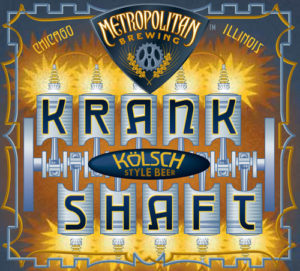
A style evolved from Cologne, Germany, served pre-poured in a tall, thin glass. Similar to a Pilsner but with a more wine-like quality derived from its longer cold fermentation with a top-fermenting ale yeast.
Here is a great American version brewed right here in Chicago!
Pickles
What would you want to eat with your Kölsch?
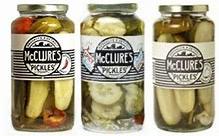
Yes, a pickle. Here is one you should buy if you don’t have the time to make!

